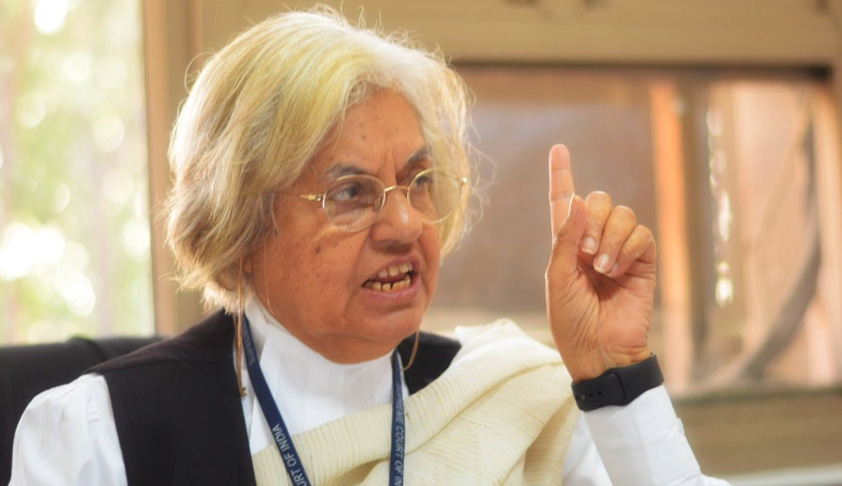Key Takeaways From Public Meeting Held By Lawyers’ Forum for Democracy and Justice
Mehal Jain
25 March 2018 12:41 PM IST

Next Story
25 March 2018 12:41 PM IST
The public meeting hosted on Friday by the Lawyers’ Forum for Democracy and Justice on the ‘Independence of Judiciary- Implications for Democracy’ witnessed some strong remarks from eminent members of the legal community.The event, held at the Indian Society of International Law in New Delhi, saw in attendance inter alia senior counsel Indira Jaising, former ASG Biswajit...
